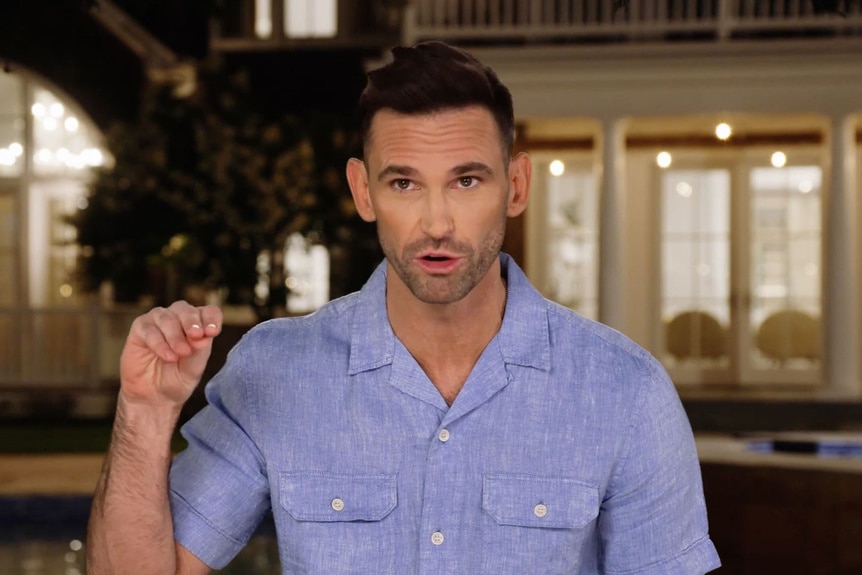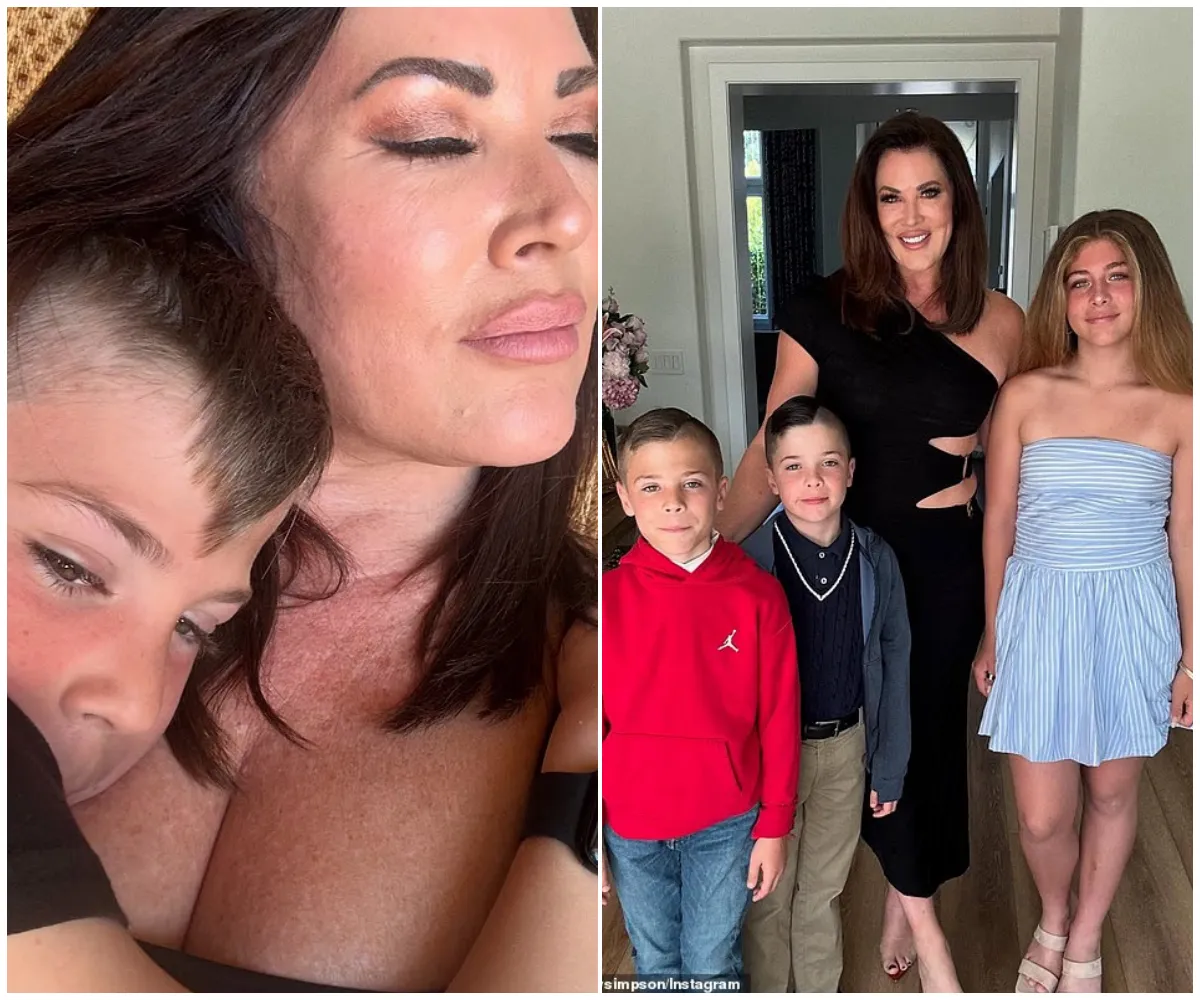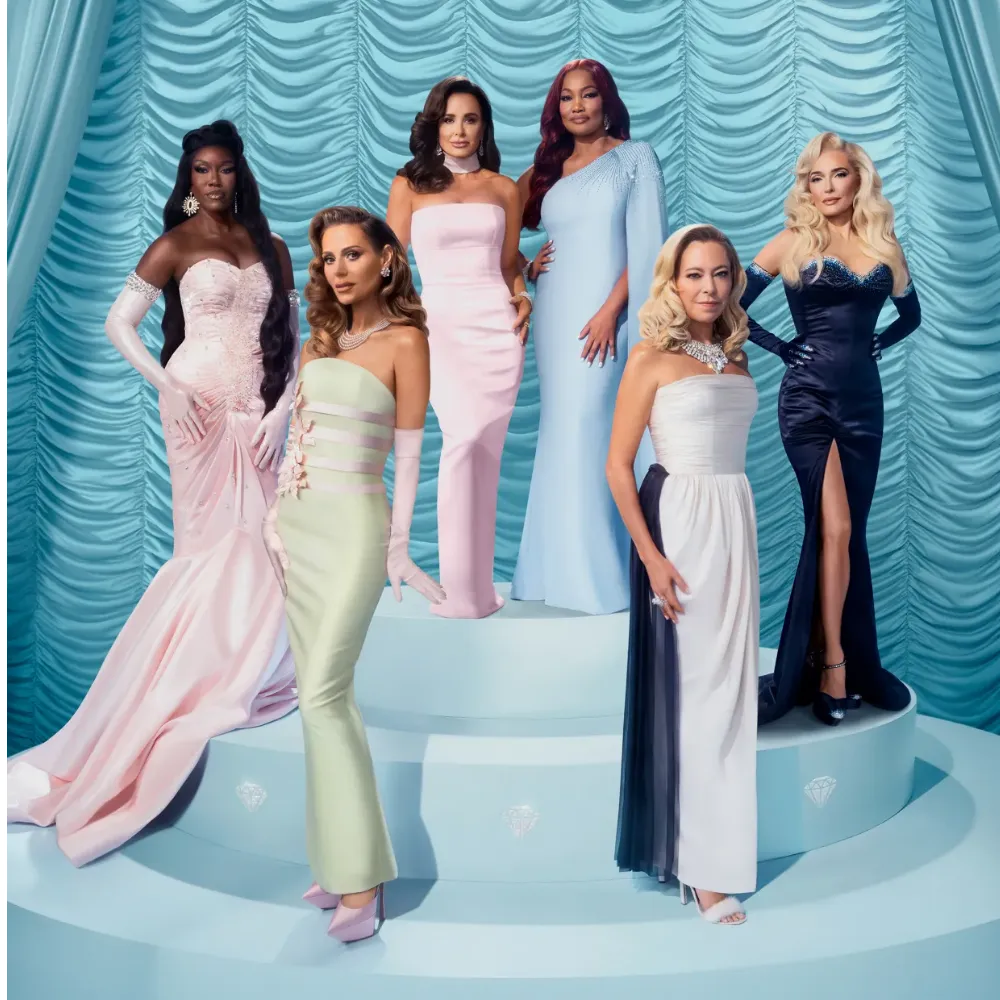
From the moment he graced our screens in Season 8 of Summer House, Carl Radke has been a lightning rod for controversy and conflict. As viewers delved deeper into the show's archives, retracing his journey through each season, one disconcerting truth emerged - Carl Radke, in all his iterations, remains a figure shrouded in shades of gray, perpetually teetering on the edge of redemption and ruin.
Whether he presents as the reformed, sober Carl or the carefree, night owl Carl, the essence of his character seems immutable - a complex blend of charm, charisma, and chaos that defies easy categorization. Single or coupled, engaged or disentangled, Radke's presence evokes a maelstrom of emotions ranging from frustration to bewilderment. The question, then, looms large - how does one reconcile this enigmatic figure who seems to court controversy with every step?
As the saga of Summer House unfolds, Radke's role as the perennial antihero sparks debate among fans and critics alike. Is he a victim of circumstance, a product of his environment, or simply a man grappling with his own demons in the public eye? The paradox of his character is as captivating as it is confounding, leaving audiences to ponder a singular question: How could anyone find merit in a character so consistently mired in turmoil?
Despite the discord he incites, Carl Radke's presence in the Summer House universe serves as a testament to the enduring allure of flawed characters in reality television. Love him or loathe him, his narrative arc invites introspection and scrutiny, challenging viewers to confront their own perceptions of morality and redemption in the realm of unscripted drama.
As the enigma of Carl Radke continues to unfold, one thing remains certain - his status as the perennial bad boy of Summer House is a mantle he wears with both defiance and resignation, a contradictory figure whose complexities only serve to deepen the intrigue surrounding his character.



